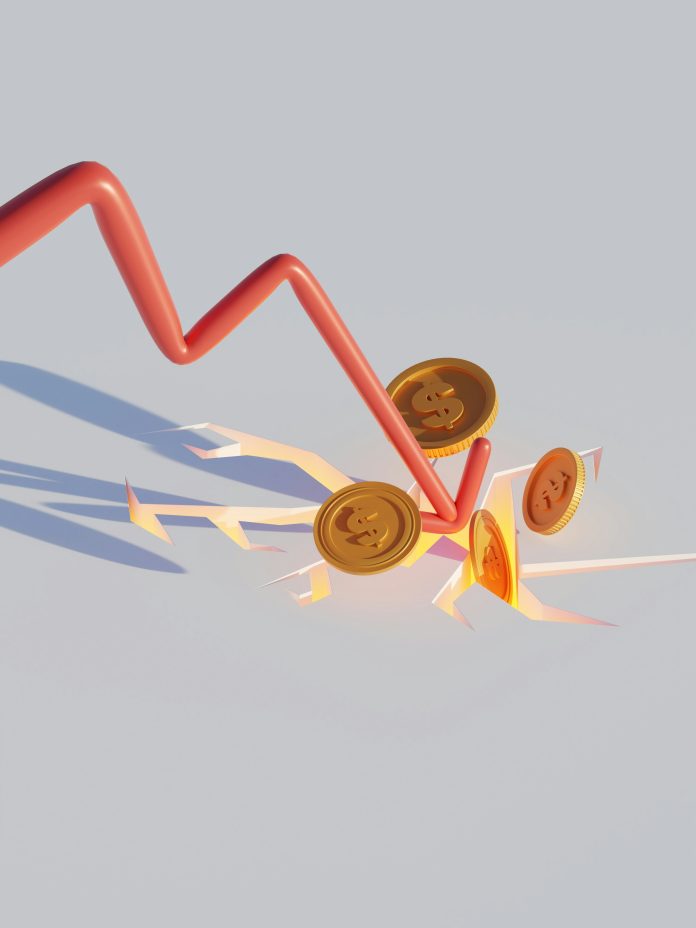The US economy faces a recession, with scrutiny on the Federal Reserve’s interest rate policies. However, Nigel Green, CEO of deVere Group, warns that Japan’s economic turmoil could be a significant yet overlooked factor driving the downturn.
Green’s caution comes as global stock markets continue to slide amid concerns that the Fed is lagging in its policy response to the slowing US economy. He explains, “The Fed is criticized for its handling of interest rates—first for being too slow to raise them to fight inflation, and now for potentially moving too cautiously in cutting them. This has created market uncertainty and heightened recession fears.”
He adds, “Another potential trigger for the global market sell-off is Japan, the world’s third-largest economy.” Recent surges in the Japanese yen, now trading at 148.84 per US dollar, have reversed its earlier decline, which had reached a historic low of 161.96 per dollar in July.
This yen appreciation disrupts the ‘carry trade’ strategy, where investors borrow in low-interest currencies like the yen to invest in higher-yielding currencies such as the US dollar. The yen’s rise has increased the cost of maintaining these trades, leading to a sharp sell-off in US equities as investors scramble to repay yen-denominated debts.
The situation underscores the vulnerability of US markets to global financial shifts. A stronger yen could lead to reduced demand for US exports and investments, directly impacting American companies linked to Japan. Additionally, Japan’s stock markets are under pressure, with major indexes like the Topix and Nikkei facing declines of up to 20% from recent highs.
The yen’s recent rally suggests that the Bank of Japan might continue raising interest rates, potentially pushing the economy into recession. This highlights the complex interdependencies of the global economy, where shifts in one major economy can have significant ripple effects worldwide.
As Japan grapples with currency fluctuations and rising interest rates, the global market impact could be substantial, influencing economic policies and market strategies for the foreseeable future. Green concludes, “While attention is on the Fed, investors should also watch developments across the Pacific.”



 Bitcoin
Bitcoin  Ethereum
Ethereum  Tether
Tether  XRP
XRP  USDC
USDC  Wrapped SOL
Wrapped SOL  TRON
TRON  Lido Staked Ether
Lido Staked Ether  Cardano
Cardano  Avalanche
Avalanche  Toncoin
Toncoin